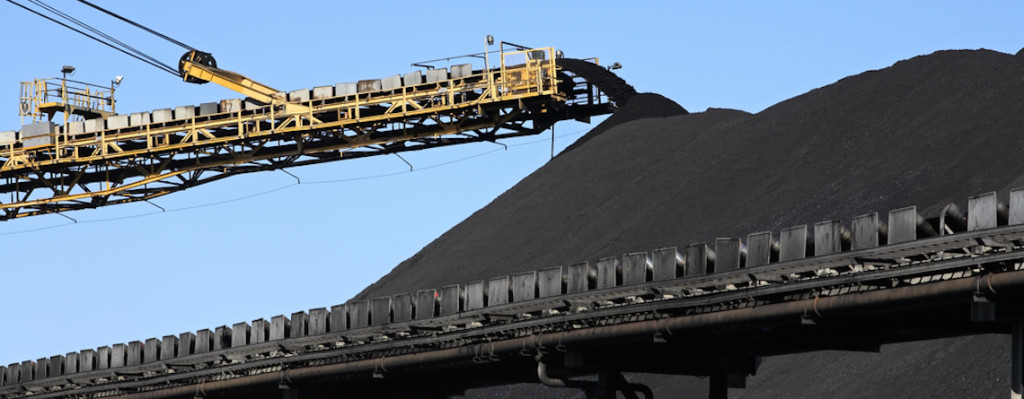Business has been booming in the mining sector – until now. Here’s why investing in all the wrong places is setting Australia on the economic back foot.
Australia’s economy has effectively ridden through the last six years of economic uncertainty on the back of the mining boom. But as the world moves towards cleaner energy sources, remaining ‘open for business’ as the world’s quarry is putting Australia on an unsustainable path at odds with the evolving demands of many developed and developing economies.
The fast facts
- Mining is Australia’s largest industry by revenue – combining direct mining activities and the associated mining services industry, the sector accounts for nearly 20 per cent of Australia’s $1.5 trillion GDP.
- Australia’s growth is too dependent on mining – the Australian Bureau of Statistics notes that 80 per cent of GDP growth in the March 2014 quarter was contributed by an 8.6 per cent surge in mining output, though this was in part due to a relatively benign storm season.
- The sector is almost half dirty energy – Fossil fuel extraction accounts for around 45 per cent of the mining industry’s output, the remainder being comprised of iron ore, other metals and minerals. The majority of coal, oil and gas output is shipped abroad, accounting for about 20 per cent of Australia’s exports.
- Mining creates fewer jobs than you think – while it’s one of the nation’s most lucrative industries, the fossil fuel mining sector only employs about 80,000 people, well under 1 per cent of the Australian labour force. Which perhaps is just as well.
Yes, there will continue to be a market for fossil fuels decades to come. But despite massive expansion of coal-based power generation in China and India, there are signs that the growth spurt is coming to an end and demand may quickly waver.
Busting some renewable energy misconceptions
Historically renewable energy sources have been significantly more costly to operate – but there have been a number of game changing developments in clean energy sources around the world that Australia will move too late to cash in on when demand for fossil fuels dries up.
Building a new wind farm recently reached life cycle cost parity with a coal fired power plant of equivalent output, and large-scale solar technology is expected to become just as cost effective in the next couple of years.
There is huge investment in battery storage technologies, meaning it will be increasingly feasible for wind and solar plants to continue supplying the grid when winds are light or the sun isn’t shining.
And growth in renewable energy investment continues to accelerate even as the world’s appetite for coal is waning, driven by the early warning signs of climate change.
A recent report from the Association for Sustainable and Responsible Investment in Asia predicts that Chinese thermal coal demand could peak by 2020 and then start to decline. Despite building hundreds of new coal fired power plants in the last decade, China is one of the world’s biggest investors in renewable energy and its people, who currently suffer from chronic air pollution, are clamoring for a move towards cleaner energy and industry.
Australia is set for a hard landing
Meanwhile, Australia is still investing massively in the very things its largest trading partner is actively seeking to rid itself of: fossil fuel extraction and the associated infrastructure, including the controversial expansion of the Abbot Point coal terminal in the middle of the world heritage-listed Great Barrier Reef. These are investments with a multi-decade economic life.
Australia’s government seems intent on ignoring the warning signs – both economic, social and climatic – and continuing to support a toxic and archaic industry. The recent Federal Budget affirmed that it is simultaneously hell bent on destroying Australia’s renewables sector, right at a time when investment and incentives should be switched out of fossil fuels and into clean energy.
Loss of the fossil fuel mining sector would be a drop in the ocean in terms of job losses though more significant in terms of company tax receipts. But rather than plan proactively for this inevitable and essential transition, Australia seems intent on setting itself up for a very hard landing.
Whether directly, indirectly or passively through misdirected government action, all sectors face a level of risk from climate change and other global environmental issues.
Talk to Adaptive Capability today about safe guarding your business’ future.





